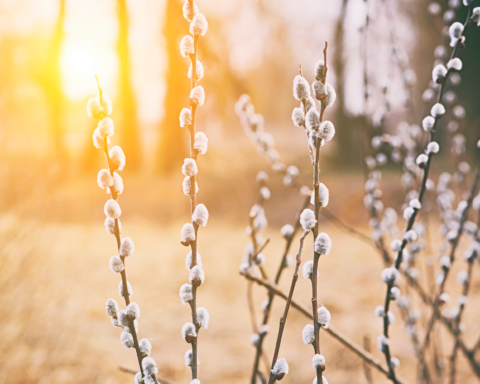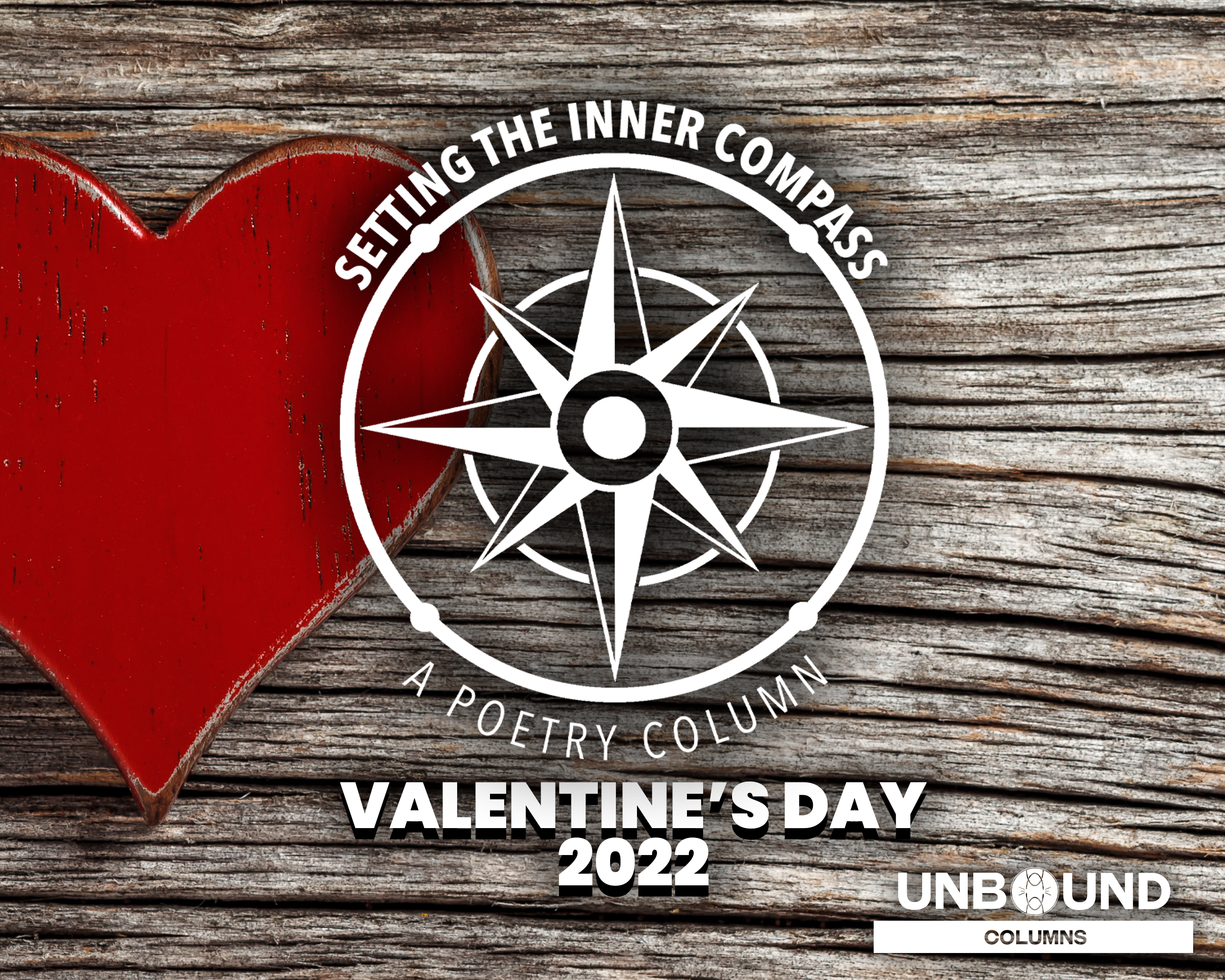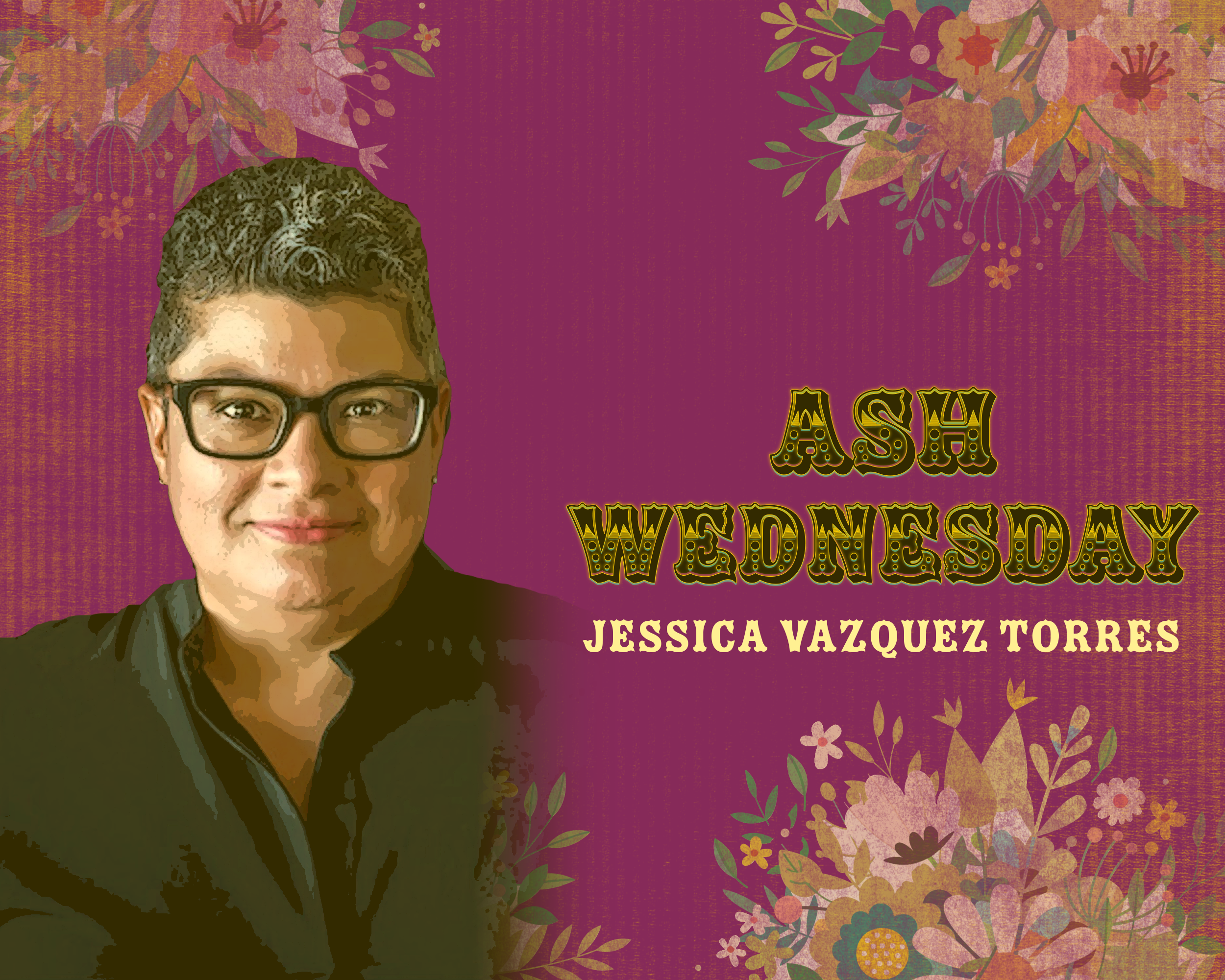Black History Month
Reading poetry is one of the ways some of us nourish our faith, a way we set or reset our inner compass and stay focused on the big picture, on the spiritual journey. I know that is true for me. ‘Setting the Inner Compass’, is a column where I share poems that I find meaningful and hope others do as well.
This is the second “Inner Compass” column for February. My focus in February is Black History month. February was first officially designated as Black history month in 1976 by President Gerald Ford. He called the public to, “seize the opportunity to honor the too-often neglected accomplishments of Black Americans in every area of endeavor throughout our history.” It is easy for me to be cynical about a month designated by the government to recognize the achievements of Black Americans when the reality of racism surrounds us year-round. It feels to me that we can only have integrity observing this month to celebrate, in Ford’s words, “the too-often neglected accomplishments of Black Americans” if we recommit ourselves to actively engage the struggle against racism in whatever way we are able.
Personally, as a privileged, white, clergy person this month invites me to focus on people and voices long silenced and to ponder my role and the role of my community in America’s original sin of racism. It invites refection, repentance, and action. I have been engaged in the fight for Civil Rights and struggle against racism since my teen years. Despite that lifetime of awareness and engagement I know I have work to do and that I am part of a racist culture and church.
The poem in this column is one I wrote after seeing a Jacob Lawrence exhibit at the Museum of Modern Art in New York. Jacob Lawrence was born in 1917 in Atlantic City, NJ. He died in 2000 in Seattle. I find his work compelling on many different levels. The Museum of Modern Art (MOMA) in New York writes this about him on their website, “In 1941, with segregation in full force, he broke a racial barrier by becoming the first African American artist whose work was acquired by The Museum of Modern Art. Through his vivid, accessible visual storytelling, Lawrence presented the richness and complexities of African American history and culture both to his own community and to the larger world.”
In 2015, I saw the exhibit ONE WAY TICKET, an exhibit of the migration series by Jacob Lawrence. It was and is compelling. It is interesting to note that the artist originally captioned the paintings in 1941 and chose to revise He some of the captions in1993.
I wrote the poem in this column about that experience.
Peace
Dave
“One Way Ticket” by Dave Brown
In the first painting, deep yellows, greens,
and reds drape the brown figures crowding
the station, pushing through doors marked
New York, Chicago, St. Louis.
Under the painting the caption: “During the World War
there was a great migration north by southern negroes.”
In Sixty paintings Jacob Lawrence
tells a hard sad story,
In front of us a mother, with her daughter walked
through the gallery looking at the paintings.
Their skin, the same shade as the people
in the paintings on the museum wall.
Both were dressed in white
summertime dresses
as the mother talked to her daughter
about each painting.
The daughter listened.
At painting # 15
the mother became silent,
the image was
a noose.
In 1941 the artist wrote the caption: “Another cause was lynching.
It was found that where there had been a lynching,
the people who were reluctant to leave at first
left immediately after this.”
In 1993 he rewrote the caption:
“There were Lynching’s.”
Period, nothing else
needed to be said.
“What’s this?” the girl asked her mother.
After a long silence her mother said,
“I haven’t talked to you
about this yet.”
They moved on past painting #16,
another one about lynching. By painting #17
the artist focus began to shift and the mother
began talking to her daughter about the paintings again.
The caption for the last painting
in the exhibition read:
“And the migrants
kept on coming.”
In a darkened room next to the gallery
with the sixty paintings an old grainy
black and white film of Billy Holiday
played again, and again.
“Strange Fruit,” she sang,
“Black bodies, swingin’
in the Southern breeze.”
“Strange fruit hangin from the poplar trees.”
Defiant tears shined in
the singers’ eyes. ‘Strange Fruit’.
Her voice a prayer, a lament
a clenched fist
There are no words
only deep silence
sadness
tears.
Billy Holiday’s song haunts me.
The mother and daughter
in summertime white dresses
remain in my heart.
September 7, 2015, New York City and Martha’s Vineyard
CREDITS
One Way Ticket is from the collection, I Don’t Usually But (2021) © Dave Brown used with the authors permission.
Rev. Dave Brown is a writer, creator/host of Blues Vespers, he is committed to Interfaith understanding and does programs on interfaith with Imam Jamal Rahman. Dave is the former pastor of Immanuel Presbyterian Church, Tacoma, WA. He serves on the PCUSA Education Roundtable. ([email protected]). His most recent poetry collection is, I don’t Usually but…






Unbound Social